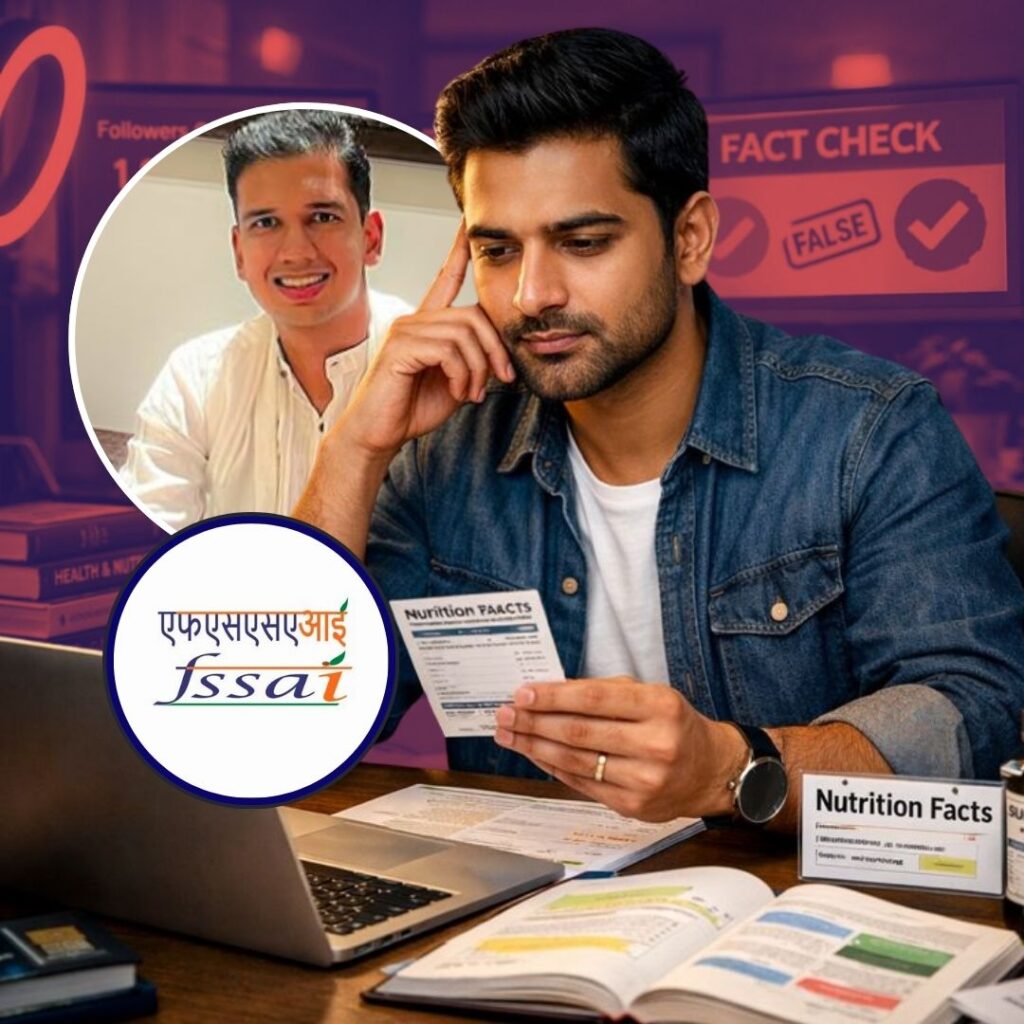What Do You Want To Do After Retirement? The Logical Indian Crew
May 3rd, 2017
“If I had known I was going to live this long, I would have taken better care of myself.” – Mae West.
We will all grow one day. We will all leave our routine jobs one day.
When we do reach that point in our lives, we will definitely have aspirations to fulfill. Some of us would have it planned to travel around the world with our loved ones, to build a second home by the beach, to open a school, to pursue our many hobbies, to move to an exotic location and spend the rest of our lives in leisure.
Which is all fantastic.
However, we often make the dangerous mistake of ignoring our health expenses. We forget health factor. We forget that having adequate savings and trusty medical coverage can be – and will be – the difference between a comfortable retirement and one filled with financial challenges.
A retirement plan that ignores health expenses will inevitably lead to an unsuccessful and disastrous retirement.
Retirement is a crucial phase of our lives, which is why retirement planning is important
When we do retire from the routine of our working lives, we begin a new phase of our lives. Retirement is an inevitable and indispensable part of all our lives. Ensuring a comfortable and fulfilling retirement is a priority for all of us. It is also an extensive process that takes much planning and persistence.
After all, we all want a satisfying, hassle-free retirement. But most of us are reluctant to get into the details of the process. Making a productive retirement plan takes time and effort – and it needs to be pre-emptive. Retirement planning is something that is crucial, but it is something too few of us engage in owing to its daunting nature.
In a financial context, retirement planning refers to the allocation of savings or revenue for retirement. The goal of retirement planning is to achieve financial independence.
Easy basics of retirement planning
It is important to set some of the basic aspects of the same straight:
Preparing working environment. Prepare mentally and plan to involve in hobbies and develop new interests to be engaged with retirement life. Plan and prepare for the transition impact of retirement with home life. Pre-plan how active you want to be when you reach retirement age, engage in part-time, contract work or in activities that doesn’t overextend oneself. Stay connected with the community. Learning to appreciate leisure, moderating work-life balance and to say no without regrets. When should we start investing in our retirement?
To this question, the short answer is the correct answer: the moment you start working.
Savings only accumulate and increase over time if begun as early as possible. Early to invest is early to benefit.
How to invest?
Financial planners or financial advisers can help clients develop retirement plans. Here, compensation is either fee-based or commissioned on product sale. Such an arrangement is sometimes viewed as in conflict with a consumer’s interest, and that the advice rendered cannot be
without bias, or at a cost that justifies its value. How much to invest?
This depends on many factors, a few of which are:
when you start investing, what you decide to invest in, and when you decide to retire. Health should get max investment
Unlike your travel or entertainment expenses in retirement, medical expenses are not under our control. If you become sick or injured, you will undoubtedly need treatment. Medical expenses can skyrocket unpredictably.
Furthermore, the costs depend on your healthcare plan and market economics. Having adequate savings and trusty medical coverage can be the difference between a comfortable retirement and one filled with financial challenges.
Share on Facebook Share on Twitter Share your story Report error Latest post Loading…












